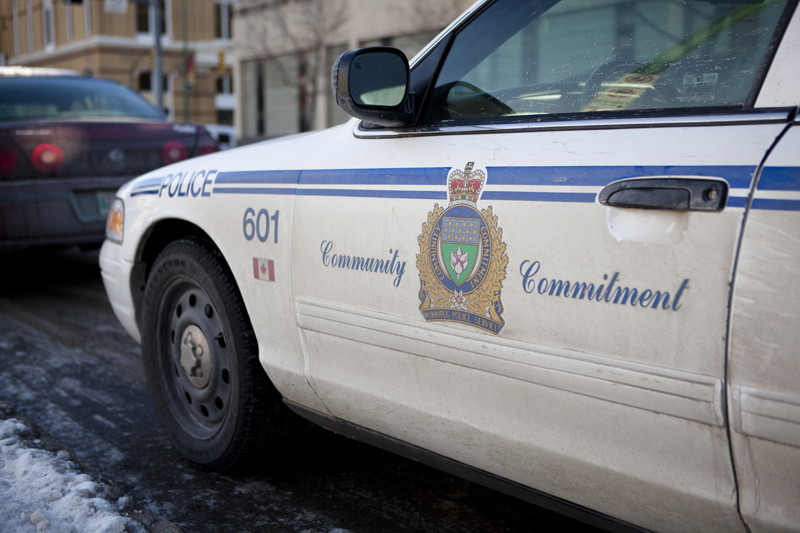Who will watch the watchmen?
City council makes controversial decision on police disciplinary records
A recent city council decision to expunge police disciplinary records after five years is coming under fire from the city’s cop watchdog and a former deputy police chief.
In September, council approved a plan to expunge police disciplinary records after five years. The new bylaw city council passed this fall also requires informal resolution methods, including mediation, be considered before turning to formal penalties for disciplinary infractions.
Menno Zacharias, a former deputy police chief for the City of Winnipeg, finds these changes disturbing, partly because cases handled informally will not be recorded, and will never be disclosed to the public.
“So the first part would expunge records that currently exist, and the second part would ensure few, if any, future entries on officers’ files,” he wrote on his blog Policing, Politics and Public Policy.
Under old rules, if no new penalties were added to an officer’s file within five years of an offence, old penalties could not be considered if another offence occurred after the five years.
But there was an exemption for the most serious cases, where suspension or dismissal was under consideration. The new bylaw does away with that exemption.
Zacharias argues few organizations would agree to rules that did not allow expunged records to be considered in suspension and dismissal cases. Only in rare cases is one event considered serious enough to call for dismissal, he added.
“Discipline is intended to be progressive,” he said in an interview. “Issues such as suspension and dismissal (especially dismissal) can in most cases only be contemplated and achieved based on a previous record of breaches of discipline.”
Winnipeg police chief Keith McCaskill expressed an opposite view.
“For dismissal or suspension, typically it’s either a very serious offence, or, if a person commits a breach of a rule. If you keep an employee you have to try to correct that behaviour, or they’re out the door,” he said.
“After five years, I think we have to rely on our supervisors to know that this is a person that we’ve either rehabilitated or corrected their behaviour.”
McCaskill said an informal process would be considered in minor cases, such as a complaint of disrespectful treatment. If the complainant wanted, they could meet with the officer to discuss each other’s perspectives, understand each other better and maybe hear an apology.
“Sometimes sitting in a room and talking and resolving their differences creates a better relationship with the public and with that individual,” he said.
And sometimes understanding may correct an officer’s behaviour better than discipline, McCaskill added.
Still, Zacharias believes the change is meant to evade a ruling requiring police to provide the courts with disciplinary records of officers involved in criminal cases.
“Police across the country have been attempting to find ways to avoid turning over such records,” he wrote on his blog. “They have been looking for a sure-fire loophole.”
Daniel Thau-Eleff of Winnipeg Copwatch, an organization that monitors police conduct, said the changes create less accountability for police, when what is needed is more accountability.
“Police officers should be held to higher standards of accountability than the general public,” he said.
“The conduct of officers who are supposed to be working for the public should be made as public as possible.”
Published in Volume 66, Number 14 of The Uniter (November 30, 2011)







